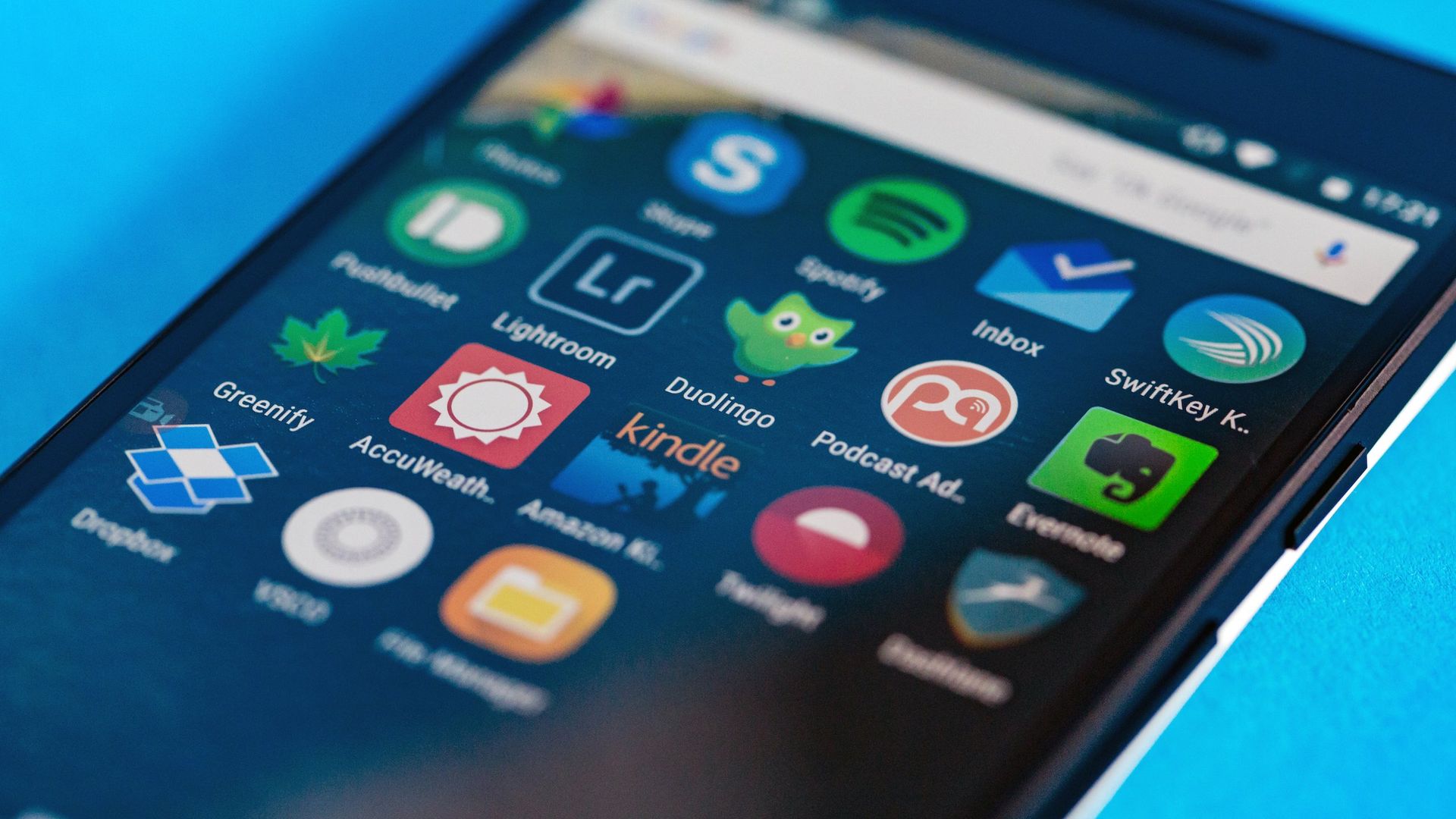
In today’s digital age, our smartphones have become an extension of our lives. We rely on them for communication, entertainment, and day-to-day tasks. With millions of apps available in the app stores, it’s no surprise that we download and install various applications for different purposes. However, recent reports have raised concerns about over 1,000 Android apps collecting user data without explicit permission.
These findings are alarming, considering the sensitive information that our smartphones hold, from personal photos and messages to financial details. This unauthorized data collection not only violates user privacy but also raises questions about the security and ethics of app developers and the app stores themselves.
In this article, we will delve into the details of this issue, exploring the implications for user privacy and offering insights into how to safeguard your personal data while enjoying the convenience of mobile apps.
Inside This Article
Title: Over 1,000 Android Apps are Collecting User Data Without Permission
The world of mobile apps has revolutionized the way we live, work, and connect with others. However, a recent alarming discovery has sent shockwaves through the Android app community. It has been revealed that over 1,000 Android apps are secretly collecting user data without obtaining proper permission. This blatant violation of user privacy raises significant concerns about the security and trustworthiness of these apps.
The methods employed by these Android apps to collect user data are both sophisticated and alarming. They often utilize a variety of techniques, including tracking user location, accessing personal contacts, browsing history, and even recording audio and video without the user’s knowledge or consent. This unauthorized data collection infringes upon user privacy rights and raises serious questions about the ethical practices of these developers.
The consequences for users of these Android apps can be far-reaching. Firstly, the potential risks to personal and financial security cannot be overlooked. With access to sensitive information, such as credit card details or login credentials, unauthorized data collectors could cause significant harm, including identity theft or financial fraud. Additionally, the lack of control over personal data leaves users vulnerable to targeted advertising, spam emails, or even blackmail.
Regulatory bodies and privacy organizations have recognized the severity of this issue, prompting them to implement measures to protect user privacy. In some countries, enhanced data protection laws have been enacted, imposing strict guidelines on app developers to obtain explicit permission from users before accessing any personal data. While these regulatory measures are a step in the right direction, more needs to be done to ensure that user data is not abused or mishandled.
As users, we can take certain steps to protect our privacy and data security. Always be cautious when granting permissions to any app, particularly those that request access to sensitive information. Regularly review the permissions granted to existing apps and consider uninstalling any unnecessary or suspicious apps. Additionally, keep your Android device and apps up to date with the latest security updates to minimize vulnerabilities.
In conclusion, the discovery that over 1,000 Android apps are collecting user data without permission is a significant concern. It sheds light on the importance of user privacy and the need for stricter regulations and oversight in the mobile app industry. The fact that these apps are able to operate undetected highlights the challenges in ensuring the security and privacy of users’ personal information.
As mobile apps continue to play an integral role in our lives, it is crucial for users to exercise caution and be aware of the permissions they grant to these applications. Additionally, app developers and app stores must take responsibility for implementing robust privacy policies and conducting thorough audits to prevent the unauthorized collection and misuse of user data.
It is essential for users to stay vigilant and informed, regularly reviewing the permissions granted to their installed apps and keeping their devices updated with the latest security patches. By taking these precautions, users can help protect their privacy and ensure a safer mobile app experience.
FAQs
Q: Are there really over 1,000 Android apps collecting user data without permission?
A: Yes, recent studies have revealed that there are indeed over 1,000 Android apps that are collecting user data without proper consent or permission. These apps have been found to be in violation of privacy regulations and are discreetly gathering personal information from unsuspecting users.
Q: How are these apps collecting user data?
A: These apps use various techniques to collect user data, such as accessing the device’s microphone, camera, location, and even browsing history. Some apps even go as far as recording phone calls and scanning through contact lists without user knowledge or consent.
Q: Why are these apps collecting user data without permission?
A: The primary reason behind these unauthorized data collection practices is often related to monetization. These apps gather user data to sell it to third-party advertisers or use it for targeted marketing purposes. This allows them to generate revenue by leveraging personal information without the user’s consent.
Q: What can users do to protect their data from these apps?
A: To protect your data from these apps, it is crucial to be cautious of the permissions you grant to each app during installation. Review the permission requests carefully and only give access to the necessary features. Additionally, regular app updates and keeping your device’s operating system up to date can help mitigate data privacy risks.
Q: Is there any way to detect if an app is collecting data without permission?
A: Although it can be challenging to identify apps that are collecting data without permission, there are measures you can take. Look for any suspicious behavior or unexpected data usage in your device’s settings. You can also use privacy-focused apps and tools that analyze the data flow of each app installed on your device, giving you greater visibility into their data collection practices.
